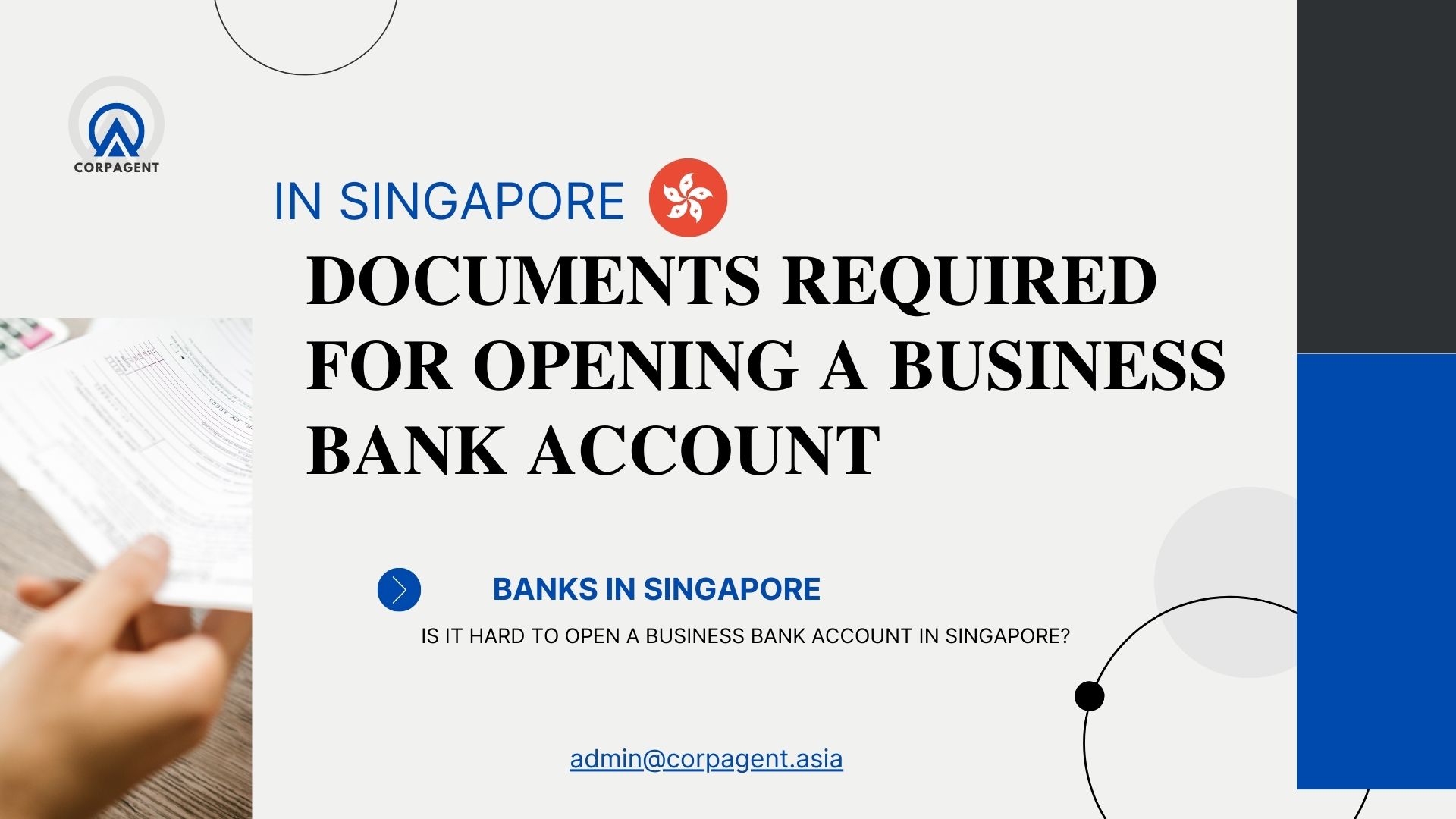Legal Issues Faced By E-commerce Business In Singapore
03-07-2022
Numbers don’t lie: Singapore is a thriving e-commerce hub with a compound annual growth rate that’s expected to surpass US$10 billion in 2025.
E-commerce is a booming industry all over the world, and Singapore is no exception. However, as with any business, e-commerce companies in Singapore are subject to certain legal issues that must be taken into consideration. Let’s check it out.
Singapore e-commerce registration and compliance
It’s crucial to comply with your business obligations before they become your business’s legal concerns.
To start your business in Singapore, the first step is that e-commerce companies in Singapore must be registered with the ACRA. This includes registering as a business entity (e.g. a company or a sole proprietorship) and registering for GST if your business’s annual revenue exceeds $1 million.
Also, Singapore-based e-commerce companies, like every legal business, are required to comply with several regulations and laws annually.
Companies in Singapore must comply with various annual compliance requirements. For example, e-commerce companies are required to file an annual return and audited financial statements with ACRA. Non-compliance with such applicable requirements (annual compliance and administrative tasks vary depending on case-by-case basis) shall lead to a financial penalty, or a dissolution of your company in the Lion City.
E-commerce sales related legal issues for Singapore companies
In June 2020, Enterprise Singapore and the Singapore Standards Council released Technical Reference 76 (TR76) – the first national standard for e-commerce transactions. This serves as a practical guide for e-retailers and online marketplaces within Singapore, leveraging the digitalisation of SMEs as well as the e-commerce sector in the city state.
Singapore e-commerce merchants have to navigate through the inter-related network of regulations in an attempt to make their business compliant. You’ll find out several applicable laws in the e-commerce field for your Singapore companies.
Consumer protection, sales of goods and services, trade description, and personal data protection are the most prominent, according to the ZICO’s the 2021 Electronic Commerce in ASEAN.
Data security
E-commerce businesses must also comply with the Singapore Personal Data Protection Act (PDPA), which sets out a number of requirements for the collection, use, and disclosure of personal data.
Concerning ransomware and data breach-similar issues, there had been 68 cases reported to the Cyber Security Agency of Singapore in the first 6 months of 2021, double the number of cases in the same period of 2020.
PDPA terms should be available in the policies of e-commerce platforms where your business is in use. E-commerce businesses also must take steps to protect the personal data of their customers, such as by implementing appropriate security measures and obtaining consent from their customers before collecting, using, or disclosing their personal data.
When it comes to web contracts, Electronic Transactions Act is another consideration. It requires e-commerce businesses to take reasonable security measures to protect their customers’ personal data.
Contracts and payment methods
E-commerce businesses in Singapore must also comply with the rules governing contracts and payments. For example, e-commerce businesses must ensure that their terms and conditions are fair and reasonable, and that they accept payment by authorized methods (i.e., credit cards, PayPal).
As a result of Singapore’s mature online payment infrastructure, a variety of payment solutions are available on e-commerce platforms – namely credit cards, bank transfer. Be a smart online vendor, protecting credit card information transmitted to you is essential. Companies must take steps to protect their customers from fraud, such as by verifying the identities of their customers and using secure payment methods.
Consumer rights
As an e-commerce company, you are responsible for ensuring that your customers are protected under consumer law. This includes making sure that your website is compliant with the Singapore regulated practices and is up to snuff with the latest e-commerce security standards. Your terms and conditions must be fair and clear.
E-commerce businesses should also be aware of the fact that they could be held liable for any damages caused as a result of their online transactions. For example, if a customer’s personal data is compromised as a result of using an e-commerce website, the business may be held liable.
In addition, e-commerce companies should review their terms and conditions regularly to ensure that they are updated and compliant. For example, the Consumer Protection (Fair Trading) Act prohibits e-commerce businesses from engaging in unfair trading practices such as false or misleading advertising. Or, Unfair Contract Terms Act (UCTA) is the statute to prescribe the limits of liability for breach of consumer contract within Singapore.
Intellectual property
Without proper protection, your creative things such as images, information, and data could be used freely across the Internet. Protecting your intellectual property rights in the e-commerce sector, therefore, is of vital importance. Ensuring that you have registered trademarks and copyrights in Singapore, and that you are taking steps to protect their intellectual property from infringement.
Conclusion
The e-commerce landscape in Singapore is constantly evolving, and laws and regulations can be complex and challenging to navigate. Businesses need to stay up to date with the latest changes and regulations in order to avoid any legal complication and ensure a smooth and safe online shopping experience for customers.
Other News
Singapore VS Hong Kong : Where is the best place to do business 2023?
Singapore and Hong Kong have been vying for dominance as Asia’s ‘Best Place to Do Business’ for decades. Both regions have enticed international investors with tax-friendly regulations, simple firm incorporation procedures, and superb infrastructure, among other things. Although Hong Kong has a longer history as a corporate center, Singapore has quickly caught up, eroding Hong Kong’s supremacy in the area. Singapore has been fast to implement business-friendly regulations that have attracted the majority of global companies to build their Asian presence on its shores.
What documents are required for opening a business bank account in Singapore 2023?
When you’re ready to start taking or spending money as your business, open a business account. A business bank account keeps you legally compliant and safe. It also has advantages for your customers and workers.
Today, we’ll look at Singapore’s banking business, which is a sophisticated financial ecosystem of local and foreign institutions. You will learn about the procedures for creating a corporate bank account, the required documentation, and the variety of banking services. And if you’re interested in opening a business bank account in Singpore, we’ll provide you with consultancy to help you, please contact us through https://corpagent.asia/
RISKS & TIPS FOR OPENING A BANK ACCOUNT FOR START-UPS IN HONG KONG
The difficulty of obtaining commercial bank accounts in Hong Kong has been well – recognized in recent years. It is also really complicated. Despite media attention and pressure from the Hong Kong Monetary Authority, InvestHK, Chambers of Commerce, and Hong Kong business organizations, opening bank accounts remains difficult for start-ups and small and medium-sized firms in particular.

Top 3 Crypto Exchanges Singapore 2023
Singapore is a prominent financial center that has experienced an increase in cryptocurrency use. Investors are seeking for the finest crypto exchange in Singapore, with up to 93% of its population having moderate knowledge of the crypto business.
This article will guide you some newest and safest pros and cons, provided base on top reviewers of top 3 crypto exchanges in Singapore:







